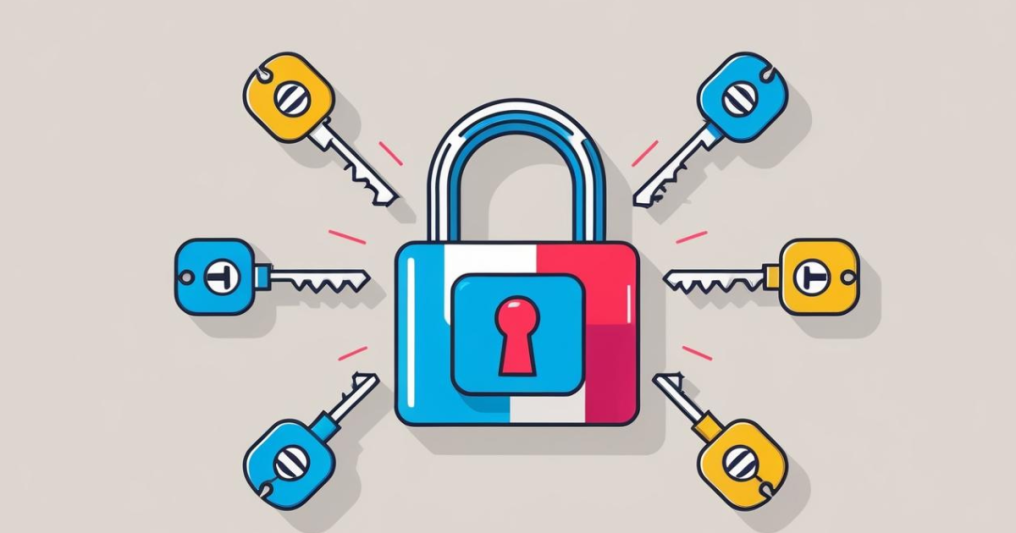Your brand’s reputation is everything; AI can ensure it stays secure By Adam Mohrbacher It will probably come as no surprise that Abraham Lincoln, famously known as “Honest Abe,” once said, “Reputation is like fine china: Once broken it’s very hard to repair.” Although Lincoln lived in the 19th century, his words have never been more relevant to how we …
What What Should You Expect For Multi-Factor Authentication In 2025 And BeyondWhat
For over 15 years, multi-factor authentication (MFA) has played a critical role in how businesses operate securely online. The rise of cloud computing, social media, and mobile apps has made MFA essential for many companies—particularly in regulated industries. However, despite its importance, many users find MFA cumbersome due to its reliance on SMS text or authentication apps. The good news …
Protect Your Sensitive Data With Client-Side Encryption
As any seasoned title insurance professional will tell you, real estate transactions are complex beasts, requiring different stakeholders to share personal information sometimes across great distances. This presents massive challenges, especially at a time when data breaches seem more common than ever. What can an independent agent do to protect personal and proprietary information? Technologies like client-side encryption (CSE) offer …





